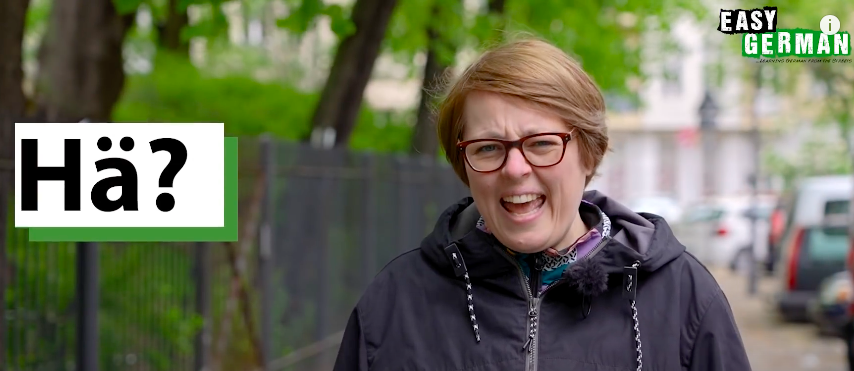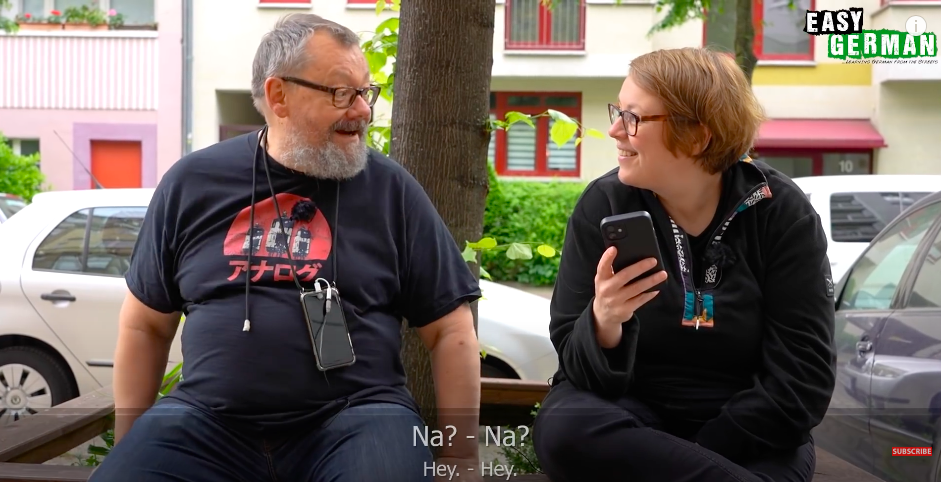Blog 11 from Alejandra
Hello everyone! I hope you are doing well. Me? I am having a good time in class. Today we learned about the “particles” in the German spoken language. They aren’t used in the written language. It makes the language much more full of meaning, emotion and sentiment. I can’t wait to start using these. For example there’s the: doch, ja, mal, aber, denn. But there are a lot more particles. I think in English it is the equivalent of the words “like, just, one, actually” etc. These are words that don’t change anything in your sentence, but make it much more vivid. For example when you say: I was talking to a guy versus I was talking to this one guy. Or how everybody says “actually” and “like” nowadays. This obviously is for the more trained language learner. So I hope I can start using these soon. I will try to say as much as I can here in Germany and if someone looks at me weird, then I will know I said that wrongly. There are two more German words I want to tell you about, and that is the very German Häaa?” and the “Na?”. They are very funny to me because everybody knows what a complex and difficult language German is and then out of nowhere come these two very short words. You will hear them very often and they mean A LOT, although they are super short.
The first one (Hä?) means the person didn’t understand anything you said. Instead of asking you to repeat what you just said, or instead of saying “sorry” or “what did you just say”, they just say Häaa? And be careful, when you say this you have to undoubtedly make a funny, weird and question mark face (like in the photo). The second one (Na?) actually has a lot of meanings depending on how you use it (like Bitte haha), but if you just say Na? It means like “Hey” or “What’s up” and the other person usually just responds as well “Na”. All of this translates to “I am good thank you and you? I am also good”. Haha that’s crazy! But if you mix it with other words it means a lot of different things like Na ja, Na klar, Na los, Na Bitte, Na also etc. So here are two words in which finally German complexity is reduced! I have to start practicing them, as they say practice makes perfect! (Übung macht den Meister). The two pictures in this post belong to the Easy German Youtube Canal, which I totally recommend you to see! Nowadays there is a lot of material on the internet to learn more and get better at any language. Actually, I think this gave me an idea about what I should write about tomorrow.


Have a good Monday now!
Ale
